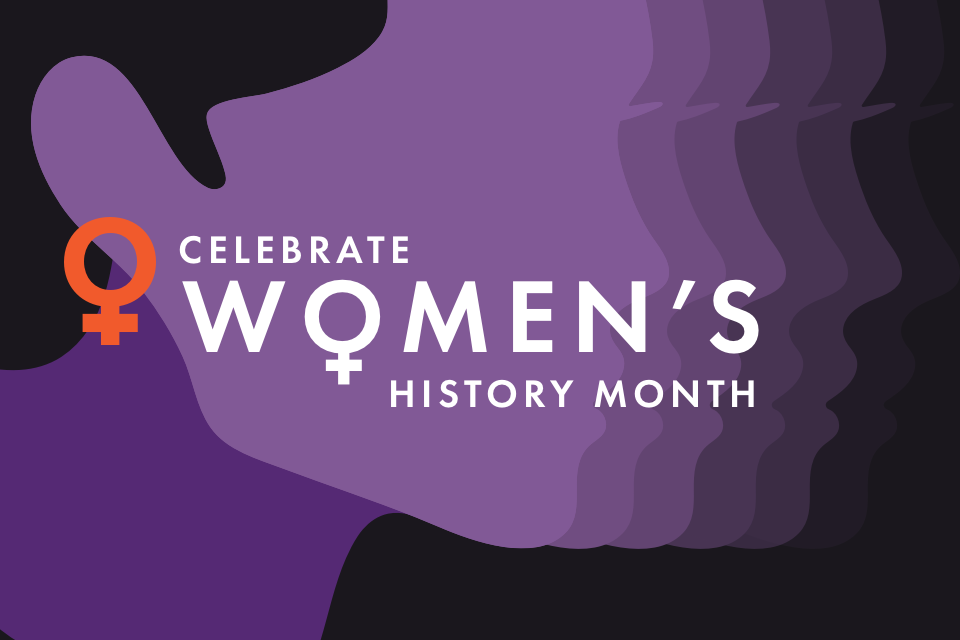Healthy eating can sometimes feel intimidating or tedious when new and different fad diets are gaining attention. How should you know what’s right for you and whether or not you are receiving accurate information?
When trying to eat healthier, a lot of people fixate on their calorie consumption. While your calorie intake is important, it’s not the only thing that matters. Balanced diets are actually one of the most important things you can do for your health.
We’re here to help you make sense of basic practices of healthy eating you can begin and common nutrition misconceptions you should work to avoid.
Maintain a balanced diet
A balanced diet contains the proper proportions of carbohydrates, fats, proteins, vitamins, minerals and water necessary to maintain good health. Bodies lacking the appropriate nutrients become more prone to illnesses and health problems such as obesity, high blood pressure, high cholesterol, heart disease, stroke, type-2 diabetes, etc.
A good place to start when working towards a balanced diet is to include a variety of healthy foods within every meal. Make sure you are working in plenty of fruits and vegetables. The more colorful your plate is, the better!
A common health misconception is that carbohydrates are the enemy to those trying to lose weight or become healthier. This is untrue. Carbs provide your body energy and are an essential part of maintaining a balanced diet.
Denying your body of carbs, denies it of the proper nutrients you need to survive. It’s just important to make sure you are intaking the right ones. Pick carbs that are high in fiber, vitamins, and minerals. Try to avoid refined grained such a chips, crackers, and white bread and replace your intake with healthier whole grains such as quinoa or brown rice.
Avoid Empty Calories
Empty calories are foods and beverages that are highly processed and mainly composed of sugar, fats, or oils. Empty calories can provide your body with energy, but little to no vitamins or nutrients.
Foods and beverages with empty calories to avoid are packaged goods like chips, cookies, cakes, donuts, soda, fruit drinks that are made up of added sugars, meats such as hot dogs or bacon that contain solid fat, and fast foods such as pizza and burgers.
Instead, try and replace your intake of empty calories with healthy foods such as:
- Fresh fruits
- Vegetables
- Whole grains (ex. brown rice, whole wheat bread, whole grain pasta)
- Lean proteins (ex. eggs, beans, fish, or nuts)
- Legumes (ex. beans or lentils)
- Healthy fats (ex. avocado or fish such as salmon or tuna)
- Dairy (ex. low fat milks, cheeses and yogurt)
Empty calories can be hard to avoid because we all love to indulge here and there, but it’s best to be aware of which foods you are consuming that contain empty calories and try to limit your intake of them to maybe once a week instead of everyday.
Drink More Water
The human body is comprised with about 60% water and chances are you aren’t drinking enough! It’s recommended that you drink at least an eight-ounce glass of water, eight times a day to stay sufficiently hydrated.
On top of quenching your thirst, studies have shown that drinking water may benefit weight loss, the number of calories you burn daily, reduce your appetite and consumption of extra calories, and maximize physical performance and brain function.
Try to replace your consumption of sugary drinks or sodas with water. If you are looking for a little more taste, try easing into it with seltzer or flavored sparking waters. These products hydrate you and count towards your daily water intake. Just be sure to check the ingredients to ensure you are getting something without added sugars or sweeteners.

Make a Plan
It can be easier to follow through on healthy eating when you have a plan. An easy way to stay on track is to plan your meals for the week. When you are prepared with the proper ingredients to make a healthy meal, it will be much harder on your conscience to indulge in unhealthy things that weren’t in your initial plan.
In order to do so, make sure to always go to the grocery store with a list. This can help you stay on track and avoid aimless shopping walking up and down aisles that have unhealthy temptations.







